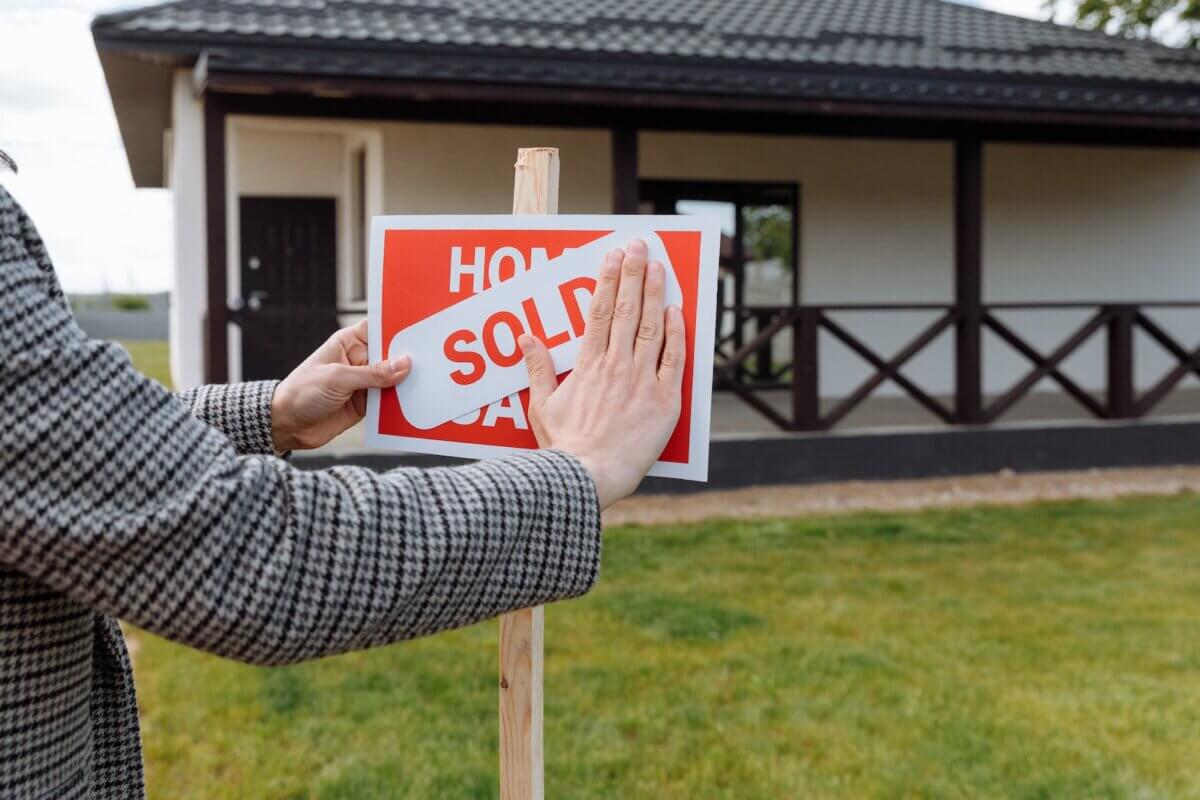COLCHESTER, United Kingdom — Paying rent can be an expensive pain in the backside. A new study finds it can also make you age faster than owning a home.
The research by a team at the University of Essex finds that those who rent a home in the private sector experience accelerated biological aging, which refers to the cumulative damage to the body’s cells and tissues, not necessarily correlating with chronological age — your birthday. However, the study also finds these effects are reversible, underscoring the importance of housing policies in influencing health and well-being.
The findings, published in the Journal of Epidemiology and Community Health, reveal that the rate of biological aging in renters versus homeowners is nearly twice that of the difference between individuals with jobs and those who are unemployed. Dr. Amy Clair, the study’s lead author, notes that the effects were also 50 percent more pronounced than the difference observed between former smokers and non-smokers.
The study also found that historical housing factors, such as consistent housing debts and environmental pollution exposure, contribute to faster biological aging. Interestingly, residents of social housing, known for its affordability and tenancy stability, exhibited no different aging rate than outright homeowners when other housing-related factors were accounted for.

The researchers utilized “epigenetic” data, which describes how behaviors and external factors can modify gene functions without changing the DNA sequence. One example is DNA methylation, a chemical alteration of DNA that can adjust gene expression.
The team sourced their data from the UK Household Longitudinal Study (UKHLS) and the British Household Panel Survey (BHPS). The study also considered variables such as housing costs, payment debts, overcrowding, and relocation intentions. Health data from 1,420 BHPS respondents was also included, with blood samples analyzed for DNA methylation.
As biological aging naturally accelerates with chronological age, this aspect was integrated into the analysis. The team highlighted the intricate relationship between housing conditions, like cold, mold, and crowding, with physical and mental health. However, the exact mechanisms behind these relationships remain elusive.
Limitations of the study include the lack of current housing quality metrics and the restriction of DNA methylation data to White, European participants.
“Our results suggest that challenging housing circumstances negatively affect health through faster biological aging. However, biological aging is reversible, highlighting the significant potential for housing policy changes to improve health,” the study authors write in a media release.
Dr. Clair believes these insights may apply to housing and health discussions worldwide, especially in countries with comparable housing policies.
“What it means to be a private renter is not set in stone but dependent on policy decisions, which to date have prioritized owners and investors over renters,” the team adds.
“Policies to reduce the stress and uncertainty associated with private renting, such as ending ‘no-fault’ (Section 21) evictions, limiting rent increases, and improving conditions (some of which have happened in parts of the UK since these data were collected) may go some way to reducing the negative impacts of private renting.”
You might also be interested in:
- Climate housing crisis? Global warming and wildfires may ruin property values for homeowners
- Healthcare hell: 1 in 5 seniors skip paying rent, buying groceries to afford their cocktail of prescription meds
- $4,000 for rent in New York? See the amazing homes that money buys in 9 states
South West News Service writer Stephen Beech contributed to this report.

